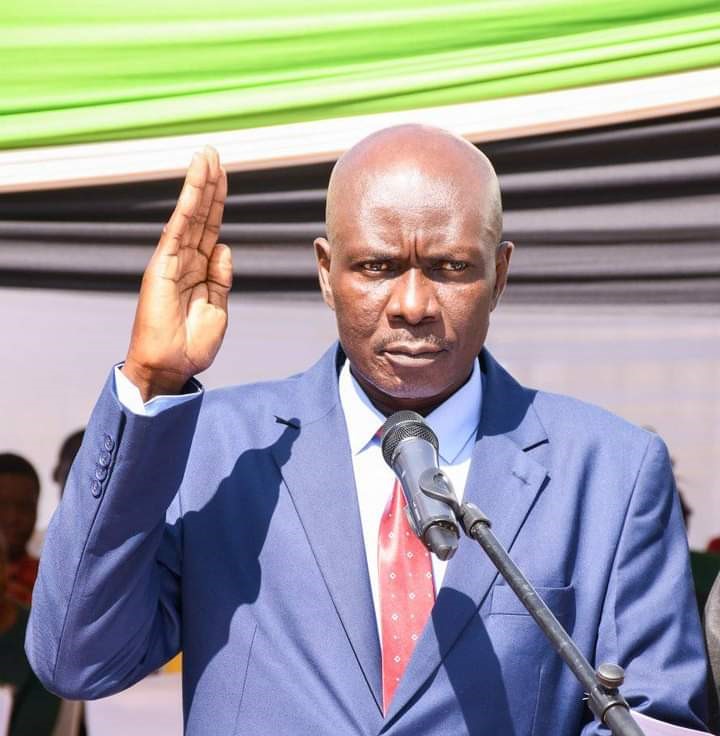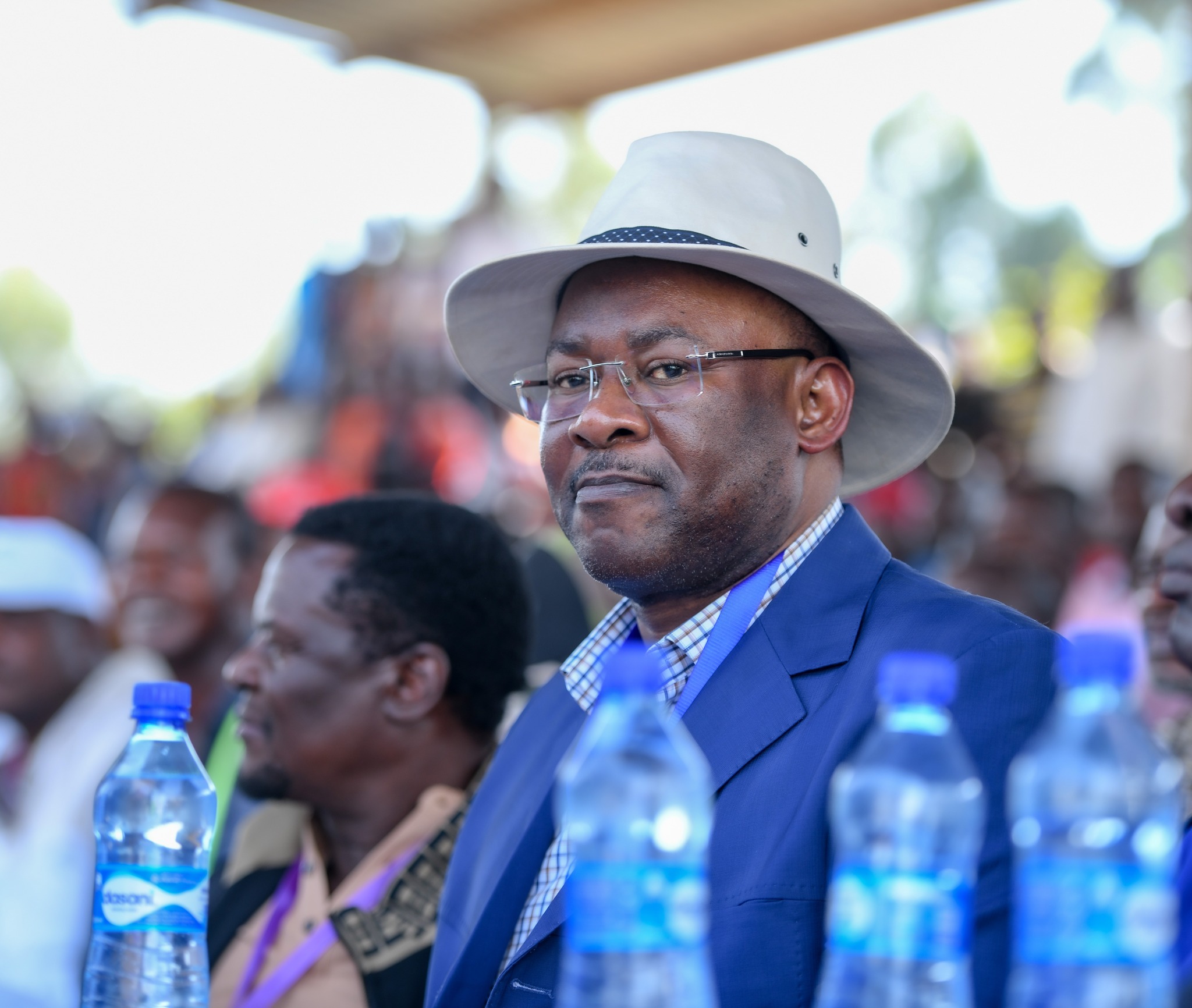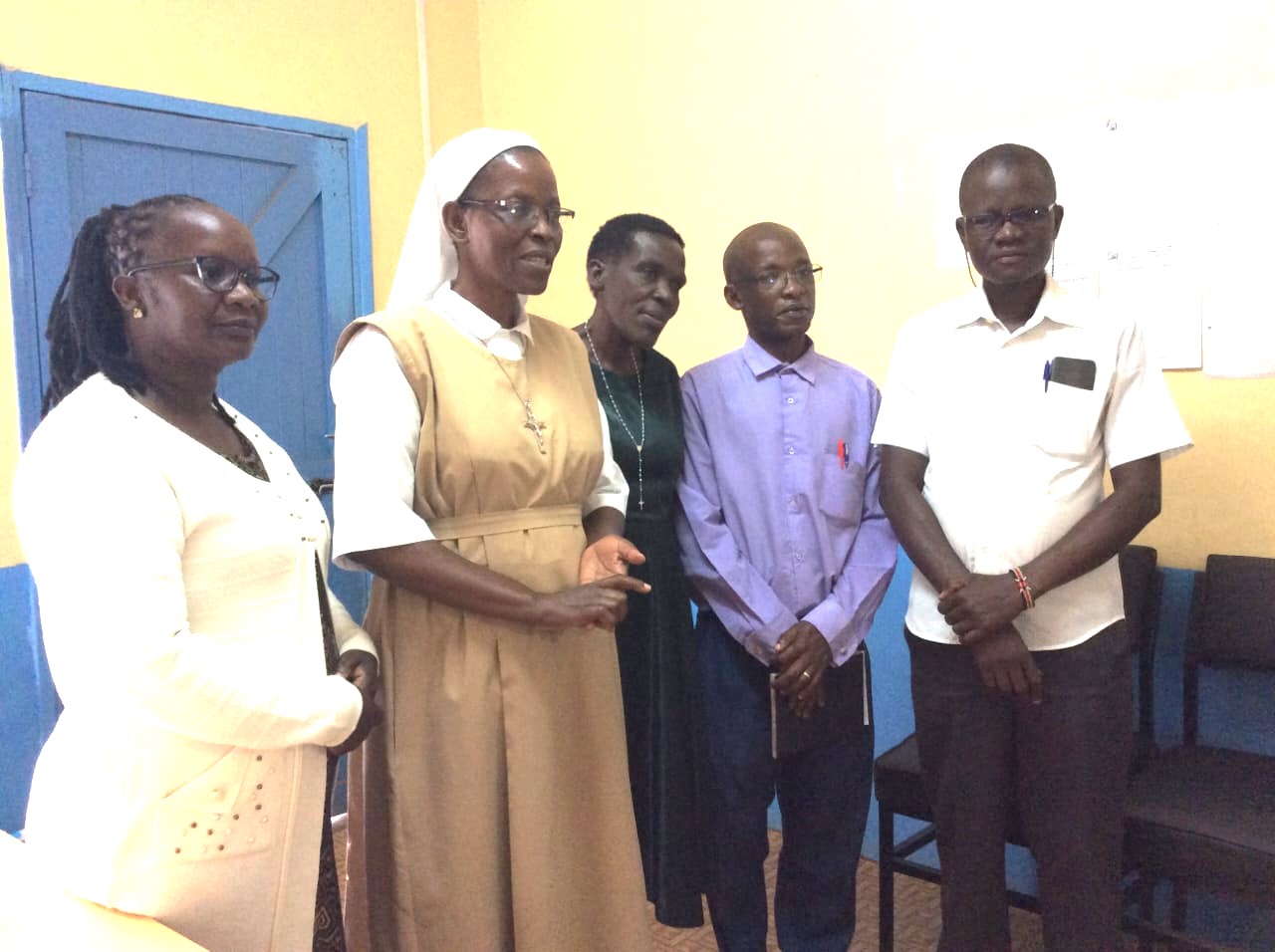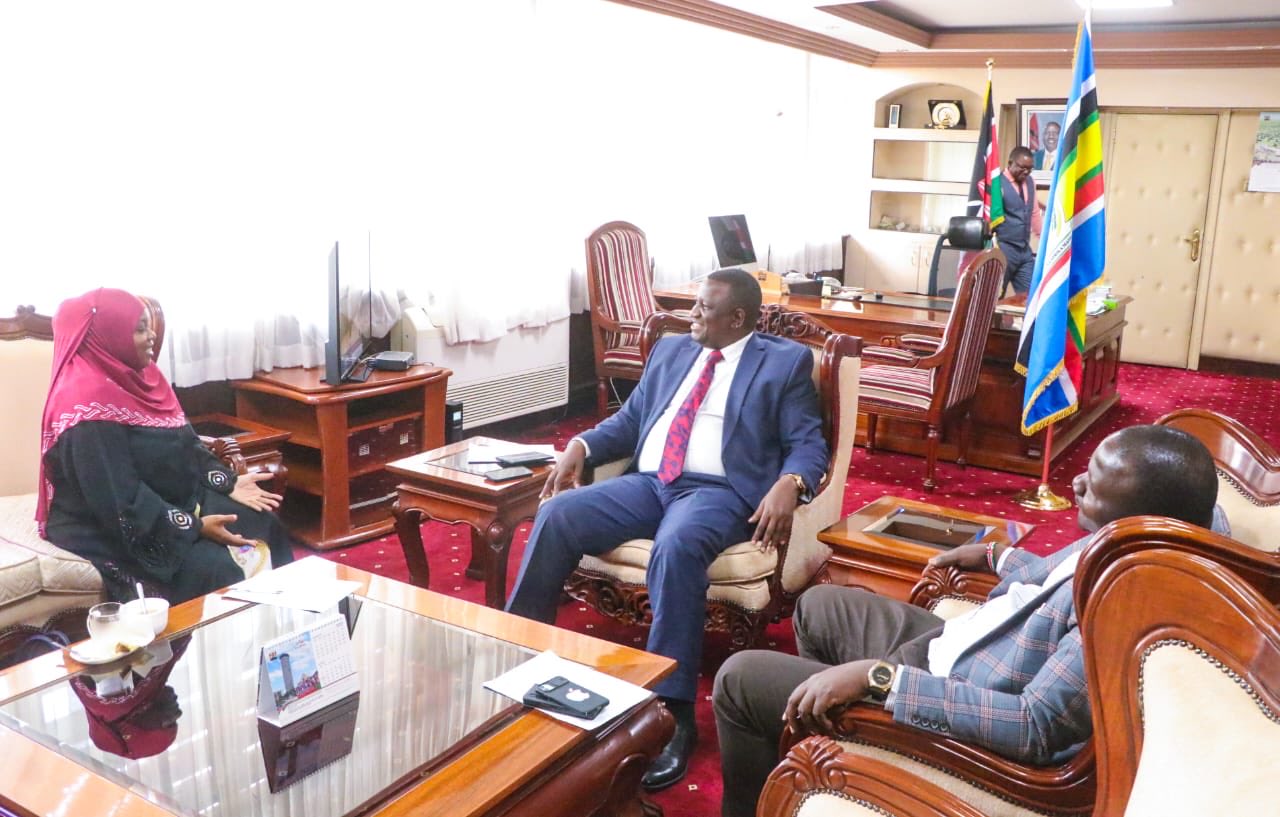By Tony Wafula
Political analyst Philip Wekesa has stated that Westlands Member of Parliament (MP) Tim Wanyonyi is the most suitable candidate to run Bungoma County as governor, citing his strong leadership credentials and development-oriented approach.
Speaking during a media engagement in Bungoma Town, Wekesa highlighted Wanyonyi’s impressive development record in Westlands, his exposure to national leadership, and his exceptional humility as key qualities that position him as a frontrunner in the 2027 gubernatorial race.

“Wanyonyi is loved by the people, and his leadership record speaks for itself. He has proven that leadership is about service, not noise,” Wekesa said.
According to Wekesa, Wanyonyi, a third-term legislator in Westlands Constituency, has redefined development-focused leadership by prioritising inclusive infrastructure, education programmes, and social development initiatives in one of Nairobi’s most diverse constituencies.
“Even if Wanyonyi were to run under any political party, the people of Bungoma would vote for him because he embodies the values they want to see: honesty, integrity, and development,” he stated.
Wekesa further praised Wanyonyi’s political maturity and humility, noting that he remains grounded despite national acclaim. Unlike many politicians who become inaccessible once in office, Wanyonyi has maintained close ties with his Bungoma roots and frequently supports grassroots development efforts in the county.
“Wanyonyi’s calm and inclusive leadership style appeals to both the youth and the elderly. He does not engage in political theatrics or petty squabbles,” Wekesa added.
He contrasted Wanyonyi’s political conduct with that of former Bungoma Governor Wycliffe Wangamati and Kimilili MP Didmus Barasa, describing Wanyonyi as a more refined and disciplined leader.
While acknowledging that both Wangamati and Barasa command political support in Bungoma, Wekesa criticised their leadership records, citing integrity concerns and questionable governance histories.
“Wangamati is still banking on the Kanduyi–Musikoma dual carriageway and the county scholarship programmes, yet those projects were mired in allegations of corruption and irregularities. His old team, many of whom lacked the capacity to influence or deliver, is still hanging around him,” he noted.
Wekesa advised Wangamati to move away from confrontational politics and to rebrand his leadership image if he hopes to stage a comeback.
“He must stop attacking others and focus on peaceful, people-centred campaigns. Bungoma voters are now issue-based,” he added.
Regarding Didmus Barasa, Wekesa warned that while the MP possesses political ambition and grassroots support, his countywide influence remains limited. Barasa’s combative style and the controversies surrounding his past may hinder his bid.
“Many Bungoma residents fear that if Barasa is elected governor, he will run the county from Kimilili — just as Governor Kenneth Lusaka is doing now, making it difficult for the rest of the county to access services,” he observed.
“Lusaka regained the seat by working with former rivals, which showed a degree of political maturity. However, his administration has underperformed, and the relocation of services to his Kamukunywa home has angered many residents. This serves as a warning to anyone considering a similar model,” Wekesa said.
He also dismissed any notion that National Assembly Speaker and Ford Kenya party leader Moses Wetang’ula will determine the outcome of the gubernatorial race, adding that Wanyonyi’s candidacy is people-driven and not beholden to party dominance or ethnic alignments.





